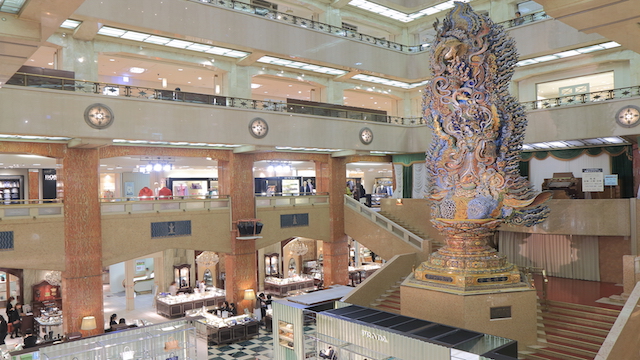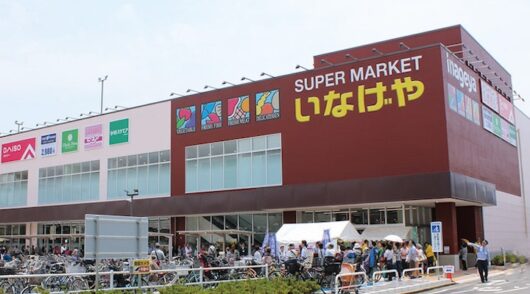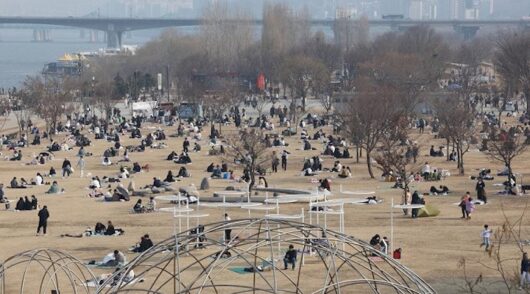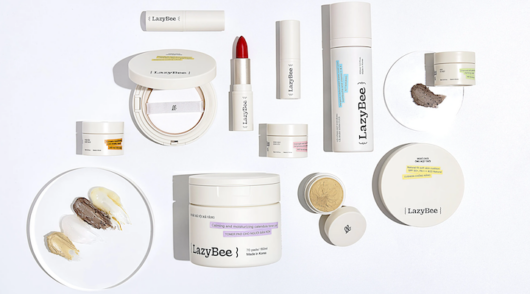Differing business models could result in Japanese department stores losing their identity in the retail world, warns CEO Onishi Hiroshi of the Mitsukoshi and Isetan department stores.
He says department stores are no longer the centrepiece of Japan’s lifestyle culture, with annual sales down from around ¥10 trillion ($83 billion) a year to about ¥6 trillion – roughly four per cent of all retail sales in Japan. However, Hiroshi says Mitsukoshi Isetan has been trying to show the way forward for department stores – and is succeeding with a 20 to 25 per cent share of sales in the national department store market.
“We have tried to avoid becoming ensnared in a price war, based on our view that department stores offer a special experience for shoppers,” Hiroshi has told Nippon.com. “Some other department stores, however, have attempted to price themselves competitively compared to other types of retailers.
“Basically, department stores are no longer all on the same page, so to speak. And without consensus among ourselves in defining the role of department stores, there is no way to maintain our status.”
There is also another problem in that the ageing population in Japan means fewer consumers.
“I have a real sense of crisis now that Japan is entering an era where a quarter of the population will be 65 or older,” says Hiroshi. He believes that age group comprises two types – baby-boomers, who represent a significant portion of the over-65s, and those who are older.
“The baby-boomers tend to have more interests as consumers and want to maintain their lifestyle even if they are no longer working, so there are many things department stores can offer them.”
Hiroshi says department stores need special initiatives for the older segment, with its reduced spending power, such as travel options or financial products to suit their lifestyles.
“In our case, we have a credit-card subsidiary, so we are involved in such services as insurance and financial products. And in the years ahead we may try to expand the scope of our activities in those sectors.”
One of the company’s subsidiaries last year set up a healthcare mall with features including a sports gym.
“It acts as a sort of hub for interaction and communication, as well as providing services related to culture and other areas.”
However, there is still the need to sell tangible products to be profitable, says Hiroshi, citing clothing or jewellery bought for a trip.
Born in Tokyo, Hiroshi is the author of Mitsukoshi Isetan: Burando Ryoku no Shinzui (Mitsukoshi Isetan: The Essence of Brand Power).






